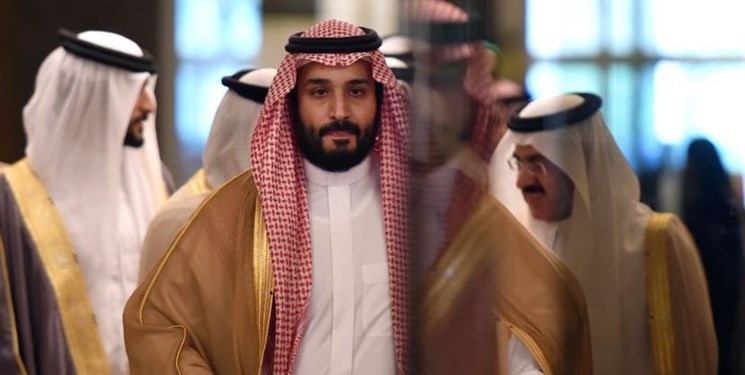Saudis’ Sudden Turn Toward Syria, Is Bin Salman Looking For An Escape From Problems?
In an analytical report, the Al-Mayadin network website has addressed the goals and dimensions of the efforts of Arab countries, especially Saudi Arabia, in resuming relations with the Syrian government, under the pretext of humanitarian aid to the earthquake victims of this country. According to this report, “Mohammed bin Salman”, the Crown Prince of Saudi Arabia, after examining the developments and changes that have been created in the post-war global equations of Russia and Ukraine, has adopted the strategy of indirect talks with Iran and pursuing the policy of “zero problems” in regional relations. It seeks to open a new chapter of relations with the government of Damascus. In the following, we read the details of this report:
Bin Farhan’s trip to Damascus
Despite the rejection of the Syrians, the Arab and international media are involved in the report of the Russian media about the visit of the Saudi Foreign Minister Faisal bin Farhan to Damascus, which was republished, citing an informed Syrian source. In continuation of the Saudi relief efforts by sending planes carrying the country’s aid to the earthquake victims of Syria, the media published the news about Bin Farhan’s trip after the great earthquake that made this country critical.
Earlier this year, Bin Farhan said in an interview with the American network “Bloomberg” that the countries of the region should work together to find a “political solution” to the Syrian crisis and to find a way to interact with the Damascus government. Now, regardless of whether this trip will take place in the near future or be postponed, the changes in Saudi foreign policy indicate that the rapprochement between Saudi Arabia and Syria will happen sooner or later due to the following:
Saudi foreign policy before the Ukraine war
Since before the Ukraine war, the Kingdom of Saudi Arabia has made virtually non-stop efforts to emerge as a dominant player in the Middle East region. In its policies, Riyadh sought to reserve a place and influence in global developments for its regime and emerge as a dominant regional country; At the same time, it will be able to benefit from any new world order that will emerge in the future after the end of the current conflicts between Russia and the West and China and the United States of America.
Since the “Arab Spring” and before, Saudi Arabia has been involved in strategic competition with Turkey and Iran; In addition to Qatar and the United Arab Emirates, which have tried to gain regional influence at the expense of Riyadh as the “big brother” of these countries.
But since the arrival of Mohammed bin Salman as the official governor of Saudi Arabia and after the end of the presidency of Donald Trump, the former president of the United States of America, who was an international political umbrella for the actions of the Saudi crown prince, Saudi Arabia has opened dialogue channels with its neighbors. reopened Reconciliation with Qatar took place after years of blockade and the Saudi kingdom resumed its relations with Turkey. So that, due to the tension between Riyadh and Ankara due to the divergence in their policies regarding the “Arab Spring” and the murder of “Jamal Khashoggi”, a Saudi critic journalist in the consulate of this country in Istanbul, agreements were signed for Saudi investment in Turkey.
But in the case of Iran, we must say that the main feature of Riyadh’s relations with Tehran is tension and proxy conflict. Nevertheless, the current talks between the two sides show that the diplomatic option has become the most effective solution to control the conflict and competition between them. Especially the fact that Iran can play an important role in the current war in Yemen; The war that Saudi Arabia wants to end. Despite the fact that the UAE pursues the desire to play a greater geopolitical and strategic role in the region through the Yemen war, its relations with Saudi Arabia are still good; Even if it is at a minimal level.
Internal structural changes
Saudi Arabia’s strategy for post-oil economic growth or the so-called “Vision 2030” led to comprehensive changes in Saudi society. So that this country has become economically and socially more open and the internal focus is on freeing women from previous restrictions and canceling the role of religious institutions in controlling society and fighting corruption. According to Riyadh’s new point of view, one of the indicators needed to encourage the investment environment and attract investors from abroad is these reforms.
The effects of the Ukrainian war
The war between Russia and Ukraine and after that, the increase in the price of energy, the importance of Saudi Arabia, and its role in the West and the world were revised. Especially considering that “Joe Biden”, the president of the United States, had already promised that he would turn this country into an “isolation country”, but in practice, he took a completely different step. Under the pressure of developments and global needs for energy, he traveled to Saudi Arabia and in a meeting with the Saudi crown prince, he showed a retreat from his previous threats.









